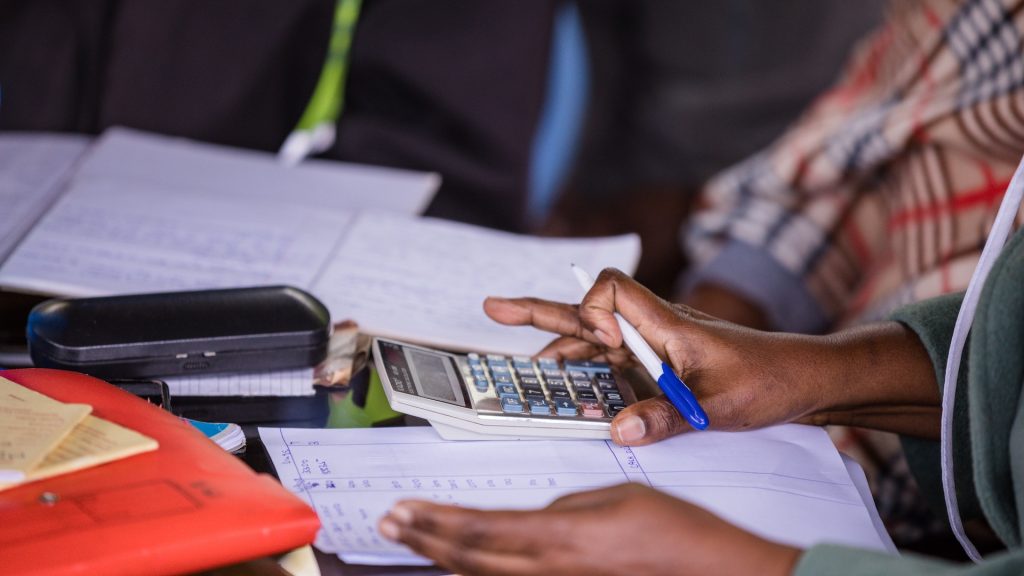
Hotels have always relied on RFPs (requests for proposals) to drive revenue. Meeting planners request additional information, properties respond, and they can determine the best venue for their needs. But are we approaching RFP responses most efficiently?
NB: This is an article from Knowland
Subscribe to our weekly newsletter and stay up to date
If your sales team responds to every RFP without prioritizing high-value leads, you could waste time and lose inbound business. Let’s examine how the traditional RFP process has changed and how to adapt.
What is the RFP Process?
The RFP (Request for Proposal) process helps event planners find the right venue for their group events. Here’s how it works:
- The event planner starts the process by specifying their event requirements, such as the number of attendees, dates, meeting room specifications, audiovisual needs, accommodation, catering, and budget.
- Hotels respond with detailed proposals showing how they meet these needs. They include pricing, availability, amenities, and their experience with similar events.
- If a proposal meets the planner’s needs, both parties begin negotiating contract terms, including pricing for meeting space rental, group room rates, and potential vendors.
This process allows event planners to compare multiple hotels and choose the best venue for their event.
The State of RFPs
Current RFP win rates reflect a highly competitive landscape in the hospitality industry. But with the use of digital platforms and advanced analytics, hotels can submit more targeted and customized proposals. Despite this, win rates remain a challenge.
- According to a survey of 1,500+ RFP teams, the average RFP win rate across all industries is 44%.
- In the hospitality industry, RFP win rates are reported between 5-7%.
- Factors influencing win rates include the quality of the proposal, response time, the strength of client relationships, pricing strategies, and availability.
- On average, companies source 33% of their sales revenue through deals involving RFPs.
Remember, these statistics paint a general picture. RFP response rates and win rates can vary depending on factors like hotel size, location, and target market. However, understanding these industry benchmarks can equip you to develop a data-driven RFP strategy and increase your chances of securing those lucrative hospitality deals.
It’s Time to Rethink the RFP Process
Speed shouldn’t be the greatest factor in hotel RFPs. It’s time to build processes around RFPs that reflect a deeper understanding of the account and your hotel’s ability to close the business.
The traditional RFP process might look like this for sales teams:
- A salesperson assigned to the account or the segment checks availability (maybe a few sets), runs a rate past the revenue manager and responds to the RFP within 2-4 hours.
- Then, they wait.
- If they are lucky, they hear back from the meeting planner and learn they didn’t get the piece of business.
- If they are fortunate, they win the business.
Instead of having salespeople send proposals out into the void, you should implement an RFP process that uses account-based data to make informed decisions.




